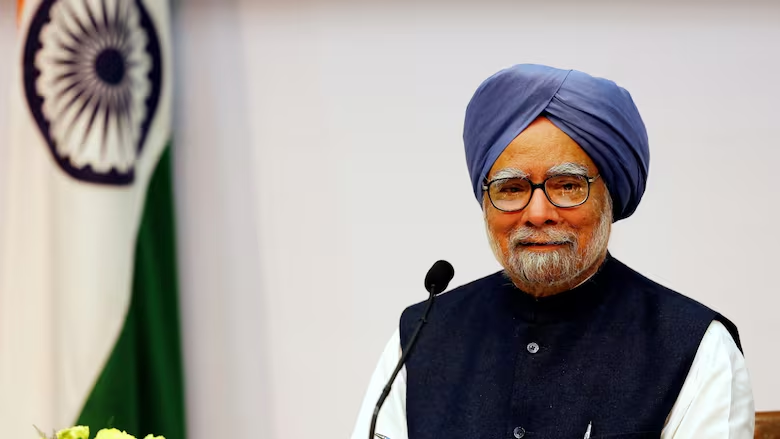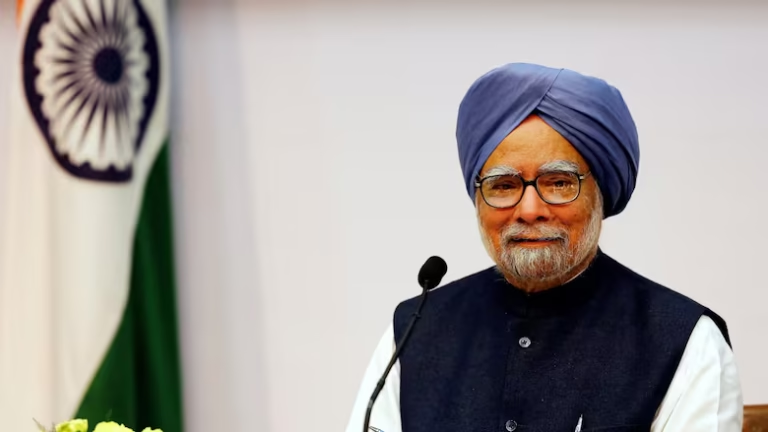
In his last press conference as India’s Prime Minister, Dr. Manmohan Singh said that he was more hopeful of history being fair to him rather than the prevailing political weather during his regime. On May 17, 2014, the conference was a dramatic moment in Indian politics since Singh is about to formally end his ten-year tenure as the country’s Prime Minister by serving two consecutive terms.
Dr. Manmohan Singh’s Legacy as Prime Minister
Dr. Manmohan Singh who died on Thursday at 92, an economist by training, was Prime Minister of India from 2004 to 2014. Known for his sober and calm demeanor, Singh played an important role in steering the Indian economy through critical times. His tenure, however, has been no less controversy-prone, with his government criticized on a host of issues related to corruption scandals, slowing economic growth, and increasing political opposition.
Yet, all along, Dr. Singh had expressed confidence that history would view his tenure with greater sympathy. After all, India in 2014 was very different from what it had been in 2004: an economy steaming along, greater vigor in the social welfare programs, some key foreign policy initiatives neighbors, and friendship with the largest economies of the world.
Salient Points of the Press Conference
Some of the important issues that Dr. Manmohan Singh highlighted during his last press conference are as follows:
Political Ambiance: He said that the political environment was particularly challenging during his tenure, though he exuded optimism about India’s democratic future. He believed in democracy for laying the path ahead for the country and urged people and leaders to place the interests of the nation above their party interests.
Economic Growth: Dr. Singh spoke of the economic achievements during his term of leadership, citing key reforms and policies that resulted in very strong growth. His government brought a number of initiatives which reduced poverty, improved healthcare, and gave greater access to education.
Relations with the U.S. and Neighboring Countries: Dr. Singh took pride in strengthening India’s global standing, particularly through his efforts to forge closer ties with the United States and other major global powers. At the same time, he emphasized the importance of improving relations with India’s immediate neighbors, including Pakistan and China.
Manmohan Singh’s Political Philosophy
Known for his pragmatic and balanced demeanor, Dr. Singh’s political philosophy hinged on economic liberalization coupled with social justice. In fact, he always spoke out for such policies that presented a balance between growth and social welfare in order to reduce economic disparities while assuring sustained development.
As the Prime Minister of India, Dr. Manmohan Singh oversaw a period of transformation, even as his leadership was often overshadowed by political adversities. The 2014 press conference marked the end of an era for Singh, who had been a central figure in Indian politics for over a decade. Despite his quiet and humble nature, Singh’s legacy remains deeply intertwined with the economic reforms of the early 2000s and India’s rise as a global power.
Dr. Manmohan Singh’s Contribution
The political career of Dr. Manmohan Singh spanned decades, and his tenure as Prime Minister remains an imperative chapter in modern Indian history. His leadership was marked by a blend of visionary economic policies with steadfast diplomacy in the face of unprecedented political and public challenges his government faced. While this may be a somber note that he went out on at his final press conference, Dr. Singh’s effect on India’s growth trajectory will be remembered for years to come.
The assurance that history would be kinder to him, as Dr. Singh bowed out of the office of Prime Minister, told much about his stewardship-integrity and commitment to the cause of India’s future.




